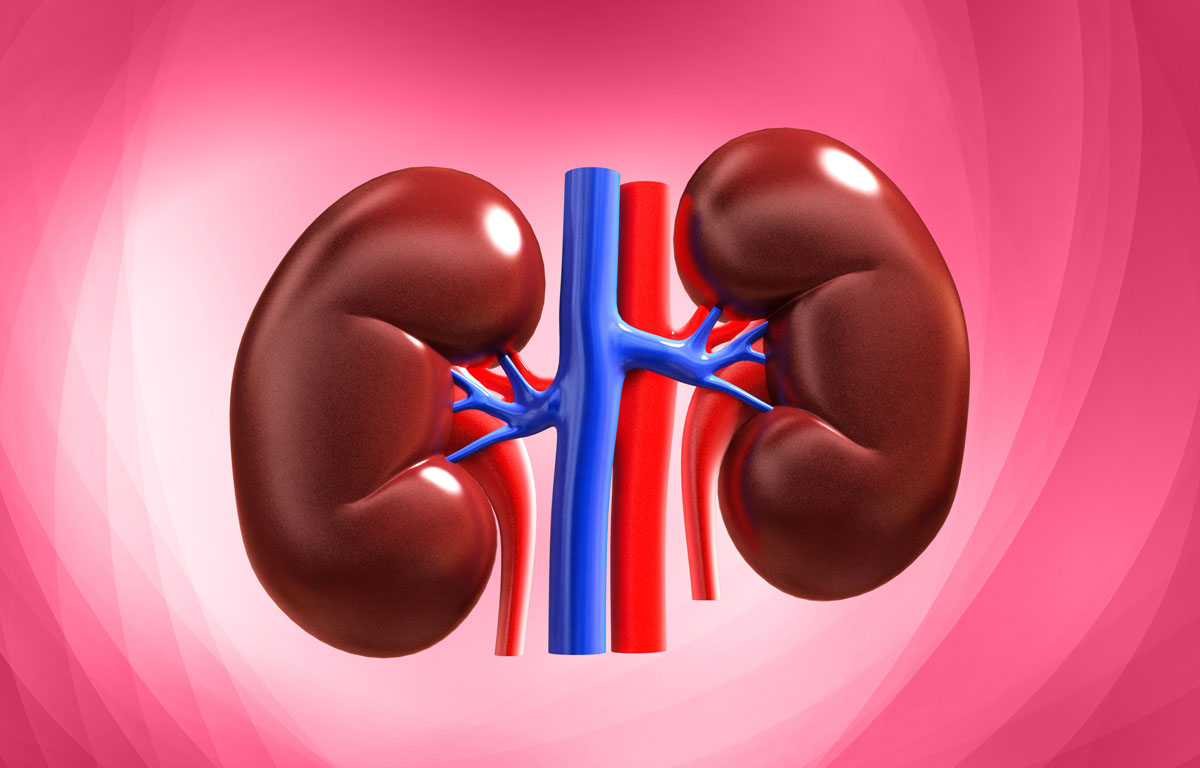Introduction
More than 20 million people in Pakistan are facing CKD (Chronic Kidney Disease). According to a study published in the Journal of Pakistan Medical Association, the prevalence of CKD (Chronic Kidney Disease) in Pakistan is estimated to be around 17% which means that almost 1 in every 5 individuals living in Pakistan is at risk of getting Chronic Kidney Disease.
Causes:
Diabetes & Hypertension:
Diabetes and hypertension cause 60% of CKD cases in Pakistan. The high prevalence of these conditions, affecting 26 million and 9.7 million people respectively, damages the kidneys’ blood vessels and filtering mechanisms. Early detection, management, and a healthy lifestyle with regular exercise, a balanced diet, and avoiding smoking and excessive alcohol consumption can prevent the progression of CKD and reduce the risk of kidney failure.
Access to kidney care:
Access to kidney care is limited in Pakistan, with only about 1000 nephrologists serving a population of over 220 million people. Most nephrologists are concentrated in urban areas, leaving rural areas underserved. Moreover, the cost of kidney care, including dialysis and transplantation, is prohibitively expensive for many patients, limiting access to treatment. Addressing these challenges requires significant investment in the healthcare system, the training and recruitment of more nephrologists, and greater support for patients in need of kidney care.
The cost of kidney treatment and dialysis:
In Pakistan, the high cost of kidney treatment and dialysis presents a significant barrier to access for many patients. As kidney disease is a chronic condition that requires ongoing management, the financial burden of treatment can quickly become overwhelming, particularly for those from low-income backgrounds. This can lead to delayed or inadequate treatment, resulting in poor health outcomes and decreased quality of life. To address this issue, there is a need for greater investment in the healthcare system and the introduction of subsidies and financial assistance programs for patients in need.
Demand for Kidney Transplant
According to a report by the Pakistan Kidney and Liver Institute, the demand for kidney transplants in Pakistan far outstrips the supply, with around 10,000 patients requiring transplants each year, but only around 300 transplants being performed. This is largely due to a limited availability of organs and inadequate infrastructure for transplant surgery and follow-up care. Addressing this issue will require a multi-pronged approach, including greater investment in organ procurement and transplantation programs, public awareness campaigns to promote organ donation, and regulatory measures to prevent organ trafficking.
Conclusion
The lack of public awareness about kidney disease and the importance of early detection and prevention is a major challenge in Pakistan. Many people are unaware of the risk factors for kidney disease, such as diabetes and high blood pressure, and do not recognize the early warning signs, such as fatigue and swelling in the legs and ankles. To address this issue, there is a need for greater public education and awareness campaigns, which can help to promote early detection and encourage healthy lifestyle choices that can prevent or delay the onset of kidney disease.
